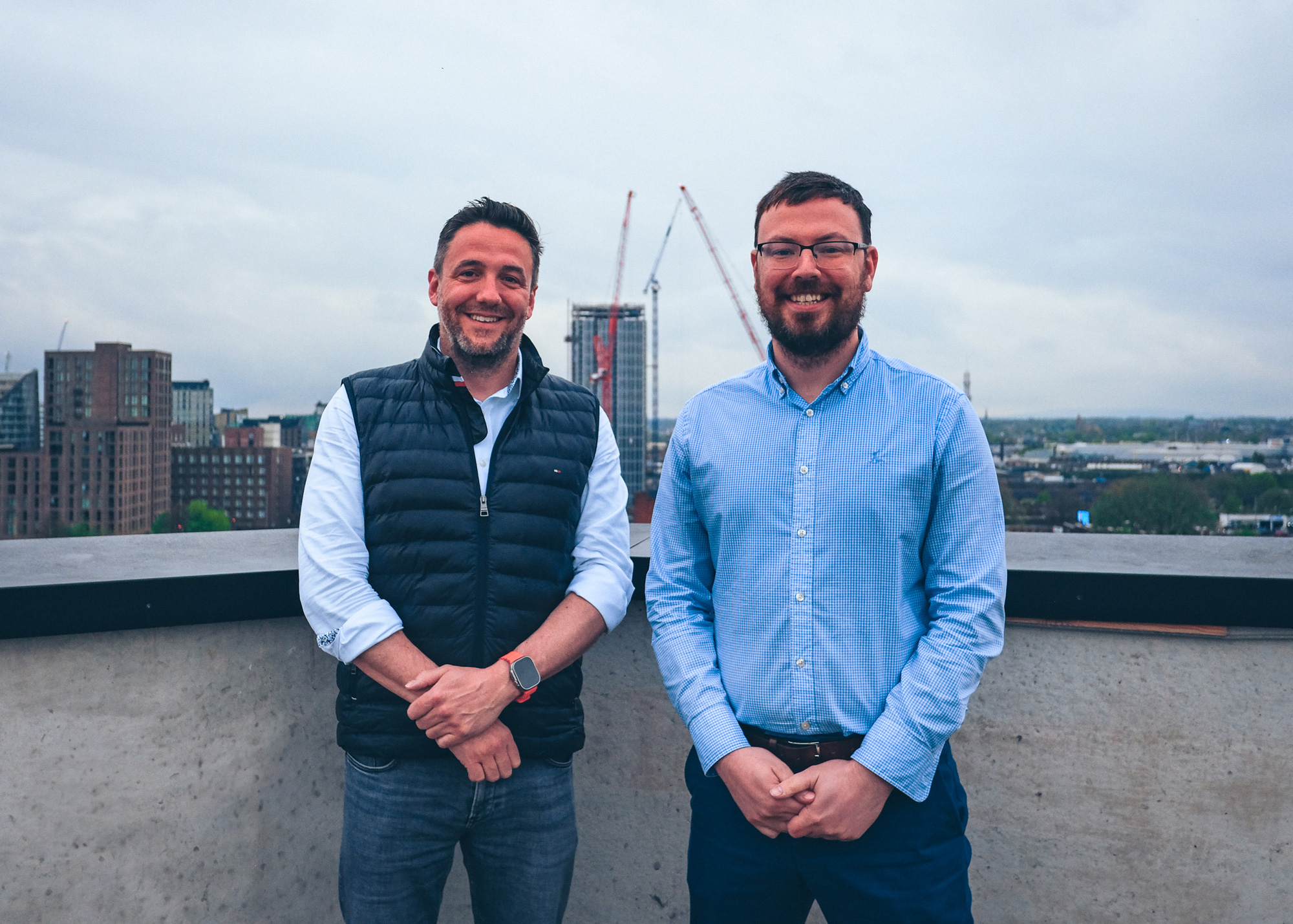A large dispute between contractor and client can be hugely damaging for your business, and all too often they could be easily avoided.
The potential consequences of a dispute are:
Loss of Opportunity For Future Project Phases – Engaging in a drawn out dispute with your client can easily sour the relationship and eliminate your chances of winning future work with them.
Reputational Damage – Beyond the relationship with the client in question, a failure to deliver projects successfully or effectively substantiate works could impact your reputation within the wider industry.
Loss of Income – Failing to substantiate your work and losing a dispute could result in not being paid in full for the project.
So How Can You Avoid These Problems?
The most common causes of contractual disputes in the UK rail sector are rooted in a failure to correctly administer the contract. Put simply, it is a perceived or real violation of the terms that both parties agreed and signed up to.
Correctly recording and substantiating the key events that lead up to a dispute, is key to mitigating catastrophic impacts that result in negative project performance.
The top three contributing events to disputes are:
- Scope Clarity
- Scope Change
- Ground Conditions
1. Scope Clarity
The Contractor perhaps did not fully understand the extent of the work at time of tender, or the client might have interpreted their bid as something entirely different to what the Contractor was actually planning to do. A lack of clarity at an early stage can spiral out of control by the time works start to be undertaken on site. Yes, numerous RFI’s (Request for Information) can be submitted but this often does not fully clarify matters until physical works begin.
This is why daily construction reports are so important. Detailed records of works and issues, shared in real time with clients, are essential to improving communication. This promotes quick responses to problems and ultimately ensures that both Client and Contractor are in agreement on scope.
2. Scope Change
This can range from changes to design, to an extended completion time due to access changes. This type of change is common and almost expected in rail construction projects but the trouble arises when it is not properly documented in the daily report.
Key access times, associated resources and the impact on the works, compared against the plan, are all key bits of information that are fundamental to understanding and substantiating the impacts of scope change.
Communicating this information daily and in real time with project managers and stakeholders allows teams to mitigate and re-plan accordingly without ending up in a dispute or claim situation.
3. Ground Conditions
The responsibility for ground conditions varies wildly between Contract type but the impact of unforeseen conditions usually severely impacts all parties.
Advanced investigation allows project teams to mitigate against this risk, but is not always possible or as effective when working on vast linear infrastructure. Most issues are unfortunately only discovered when commencing the main works on site and can therefore result in delays or significant extra effort to complete the works.
It is essential that the impact of the ground conditions upon the works is correctly documented with clear pictures and the net effect on the planned works and the associated resource. Communicating this information quickly and efficiently will allow project and client teams to collaboratively act to address the issues and mitigate their impact upon the project.
Digital reporting won’t stop construction disputes and litigation overnight but providing a clear, well structured substantiation of events that is accessible to all parties will certainly help improve project delivery and avoid the usual commercial close out issues.
In conclusion, disputes between contractors and clients can have significant consequences, including the loss of future project opportunities, reputational damage, and loss of income. However, many of these disputes can be avoided by properly administering the contract and recording and substantiating key events. In the rail sector, scope clarity, scope change, and ground conditions are the top three contributing events to disputes. Daily construction reports and real-time communication between project teams and stakeholders can help mitigate the impact of these events. Ultimately, providing a clear, well-structured substantiation of events that is accessible to all parties can help improve project delivery and avoid commercial close-out issues.





